When Bill Shorten tried to make Question Time hay of Malcolm Turnbull’s political demise, to gales of backbench laughter Prime Minister Scott Morrison riposted, ‘I know who people don’t want as Prime Minister: the leader of the Labor party!’
This week’s Newspoll result has Mr Morrison with a commanding preferred PM lead over Mr Shorten, 45 to 34; the Coalition coming back from a two-party preferred brink to a bad but better 53-47 split; and its primary vote back into the high 30s. No one’s saying these are election-winning numbers and, if the 2PP swing were uniform, up to 15 seats would fall. But Mr Morrison’s man-of-the-suburbs approach, and his ability to listen and act, are big steps towards saving much Coalition electoral furniture. If he can build on his lead over Mr Shorten, and the Coalition adopts a credible strategy that sharply differentiates it from Labor, he can yet pull off an election victory that only Paul Keating’s 1993 win over John ‘Kerryn-Phelps-for-Wentworth’ Hewson, can match.
Mr Morrison gained instant ascendancy over Mr Shorten because, even after five years, Australians haven’t warmed to the Opposition leader. They are wise to his murky history as a union leader, to his role in knifing not one but two of his predecessors, and to his ready willingness to resort to the Big Lie (Mediscare) to win support. Yet the PM must not rely on Mr Shorten’s unpopularity: in 2013 Labor thought they could rely on Tony Abbott to turn voters back to them, but that failed to stop the one true conservative leader since John Howard.
Apart from the obvious solution of pulling out of the Paris Agreement, there is another sure-fire way for the Coalition to differentiate itself. It must remind Australians, incessantly until election day, that it is the party of smaller government, lower spending and lower taxes. It must highlight its own successes in keeping the Australian economy humming with steady economic growth and low unemployment. When it scores big wins – and Mr Morrison’s coup in wedging Mr Shorten on bringing forward small and medium business company tax cuts from 2025 to 2020 was as good as it gets with this Senate cesspit – they must sell the message day after day and not let it, as it already seems to have done with its huge tax win, sink after a couple of media cycles.
Mr Morrison and Treasurer Josh Frydenberg need to relentlessly attack Labor’s fiscal profligacy and paint Mr Shorten as the proverbial drunken sailor. Just since the beginning of September, Mr Shorten has announced policies and pork-barrels of almost $16 billion, on top of the umpteen billions of new spending still on the books after the 2016 election or announced since. Liberals must hammer home that Labor plans to pay for this cash splash by increasing taxes to the tune of a whopping $300 billion over a decade, not only overburdening the wealth-creating private sector but especially punishing investment property owners, Mum and Dad investors and retirees through Labor’s signature raids on negative gearing and dividend imputation and reversing personal tax cuts.
In the Canadian province of New Brunswick, conservatives last month won an election with the slogan ‘common sense ideas that don’t cost much’. Whether it’s the mantra of a returned Coalition government, or a benchmark for a Coalition opposition to hold a future Labor government to account, Mr Morrison should give this slogan a whirl, and apply it to his policy and politics in the months remaining before the federal election. He has all to gain, and nothing to lose.
Moving to Jerusalem?
Scott Morrison is to be congratulated (again!). His decision to consider moving Australia’s Israel embassy from Tel Aviv to Jerusalem is as unexpected as it is laudable. It is an idea first canvassed in Australia in 2016 by Tony Abbott in his Diary piece for this magazine. Above all, it’s one in the eye for the pro-PLO luvvies and our left-leaning foreign policy establishment. That we are finally showing support for Donald Trump is a bonus.
The Jerusalem decision also shows what an asset Dave Sharma would be to the parliamentary Coalition. A former ambassador to Israel as well as Wentworth by-election candidate, Mr Sharma helped persuade the PM of the merits of the proposal, albeit with the silly accompanying caveat of still working within the flawed ‘two-state’ solution. (Not something this magazine believes is necessary, let alone achievable). Alas, should Labor’s Manchurian ‘independent’ candidate, Kerryn Phelps, win Wentworth, it will likely spell the end of this worthy initiative.
Got something to add? Join the discussion and comment below.
Get 10 issues for just $10
Subscribe to The Spectator Australia today for the next 10 magazine issues, plus full online access, for just $10.
You might disagree with half of it, but you’ll enjoy reading all of it. Try your first month for free, then just $2 a week for the remainder of your first year.



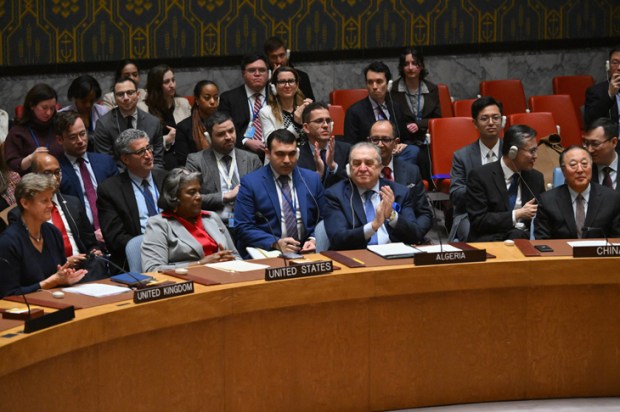
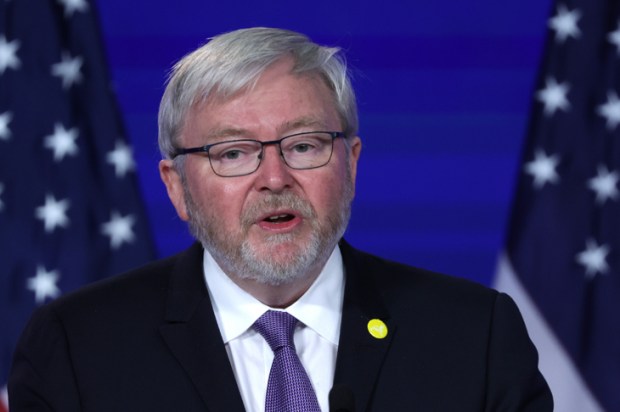
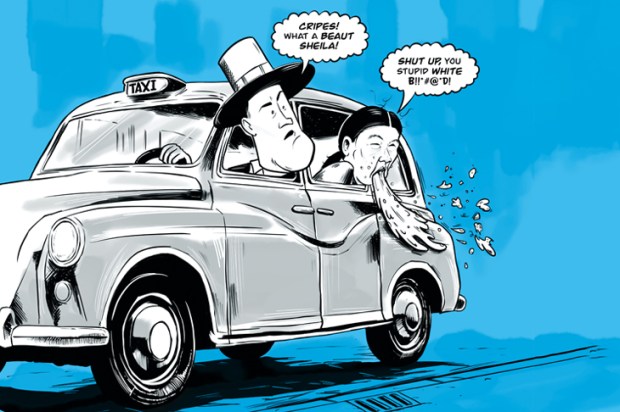
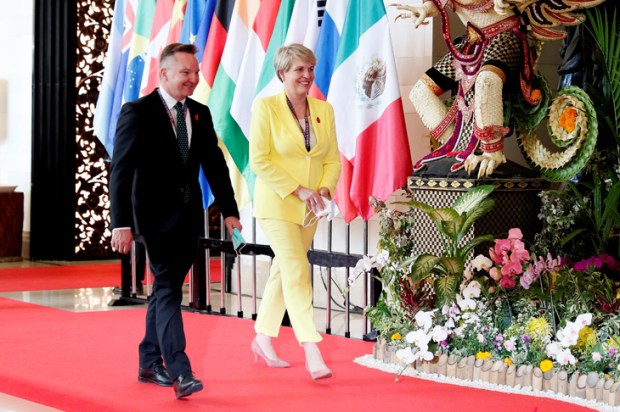
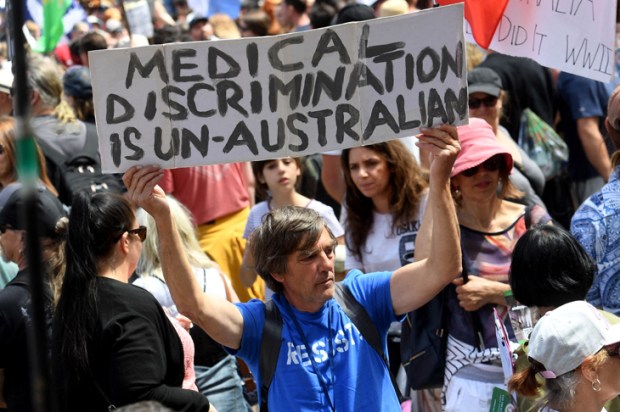
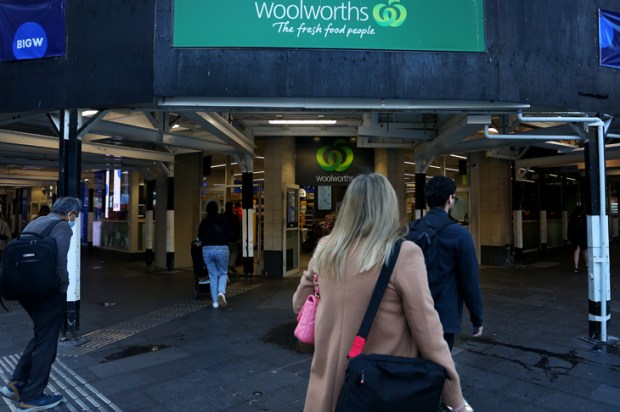






Comments
Don't miss out
Join the conversation with other Spectator Australia readers. Subscribe to leave a comment.
SUBSCRIBEAlready a subscriber? Log in